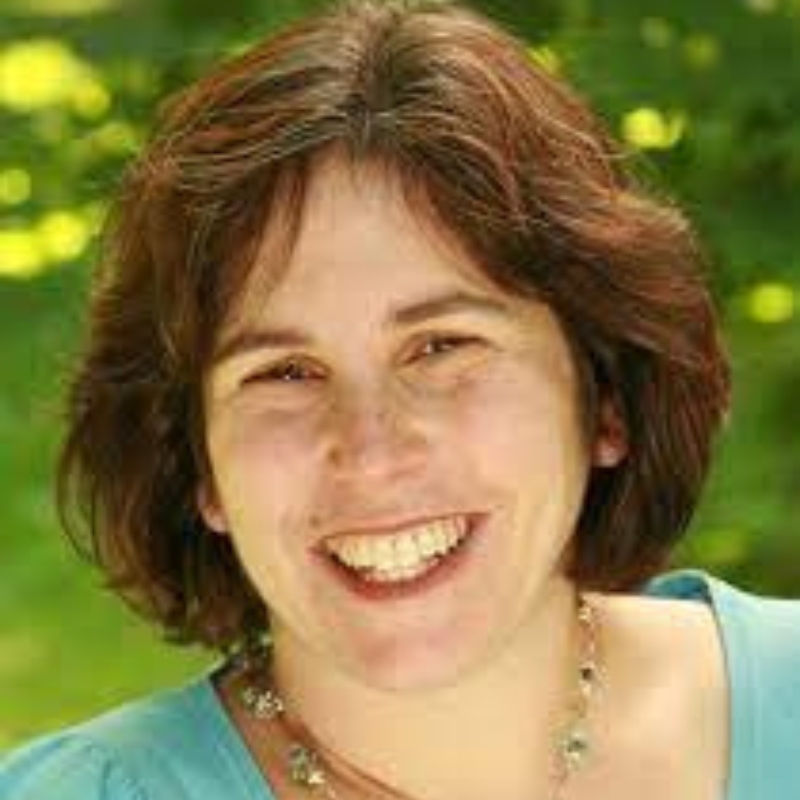I used to have trouble relating to much of the book of Vayikra, Leviticus. But that recently changed for me and I now read Vayikra, including this week’s parshah by the same name, with a new perspective. I am grateful for wonderful learning with Sacred Spaces, and particularly a teaching by Shira Berkovits and Rabbi Steven Exler, which helped open this parshah for me as a remarkable and critical moral code with tremendous guidance for today.
Vayikra is a handbook for the kohanim, the priests. However, rather than just being held as secret knowledge for the priests, it is taught to everyone. And there is even a tradition of teaching it to children as their first exposure to Torah study. Why would this be the case? While I have heard many different theories, I want to suggest that it is because of its foundational moral guidance.
What do we learn from having a priestly manual taught to everyone? We model the ideal that all texts and rituals should be accessible and taught to all, not just the priests, scholars, or clergy. We learn about the value of transparency: Vayikra lays out exactly what happens in our innermost sanctum for everyone to see. We, the people, see where our donations go, how sacrifices are to be handled, and what procedures must be followed. We learn what is expected from our leaders and religious figures, and how they should conduct themselves. That way, everyone can be aware when things are done improperly or not according to procedure. The priests are held accountable for honesty and integrity, as everyone knows what their role is supposed to be. This transparency offers a framework to minimize abuses of power.
Find more commentaries on Vayikra
Our parshah focuses on sacrifices, korbanot, related to the verb l’karev, to approach. It is about people trying to get closer to God, and the steps and rituals for doing so. When seeking closeness, boundaries can blur and be inappropriately crossed, often with harmful results. By making the rituals known to everyone, hopefully, we can make the boundaries clearer and avoid more harm.
Our parshah discusses the different sacrifices and rituals to be done if different groups of people sin. We learn what to do if a person inadvertently incurs guilt, if a priest incurs guilt, and if the whole community of Israel incurs guilt. All of these categories are introduced by the word אִם, if. If these people sin.
But in discussing the nasi, leader, who sins, the designation is introduced by a different preposition: asher nasi yecheta. Not if the leader sins, but when the leader sins. There are perils that come with leadership and power.
As the 19th century commentary Haamek Davar notes on the word asher, “it is known that his leadership causes him to be liable to sin.” A leader has access to power that can be used either for good or nefarious reasons. The attendant ego can allow leaders to think they are not accountable to anyone else and can do what they please without consequences, or that the intent and goal are so noble that “minor” infractions and shortcuts along the way can be overlooked. Finally, there are sins caused by neglecting some part of the great responsibility one has taken on.
Leaders need to be particularly cautious and self-aware in order to guard against these abuses. The Torah is warning us not to think leaders are beyond sin — even more, that they will undoubtedly sin. By offsetting leaders as a category, Vayikra creates a system where it should be easier for them to come forward, admit their mistakes, and take accountability. And also creates a dynamic that more easily allows people to talk about the mistakes of their leaders and hold them accountable.
Find more commentaries on Social Justice: Leadership and Philosophy.
Rashi suggests a further way of reading asher, through a play on words, connecting it to the word ashrei, happy. He explains: “Happy is the generation whose nasi takes care to bring an atonement sacrifice even for an inadvertent wrongdoing of his; how much more certain is it that he will do penance for his willful sins.”
This year we will be reading parshat Vayikra right before Purim. The troubling end of the Megillah warns us of the danger and violence that can come from power (even wielded by the “good guys”) without limitations.
I yearn (more than ever at the current moment) to live in a generation where everyone, including our leaders, recognizes that leaders sin — where our leaders admit their mistakes, are held accountable, and where they actively make amends.
How much happier it would be to live in such a generation — may it soon be so.
Jill Borodin is the senior rabbi at Congregation Beth Shalom in Seattle, Washington. She is a native of Toronto, Canada, and was ordained by the Jewish Theological Seminary in 2001. In her spare time, she loves spending time with her children, paddle boarding, cross country skiing, dancing, and building community.


